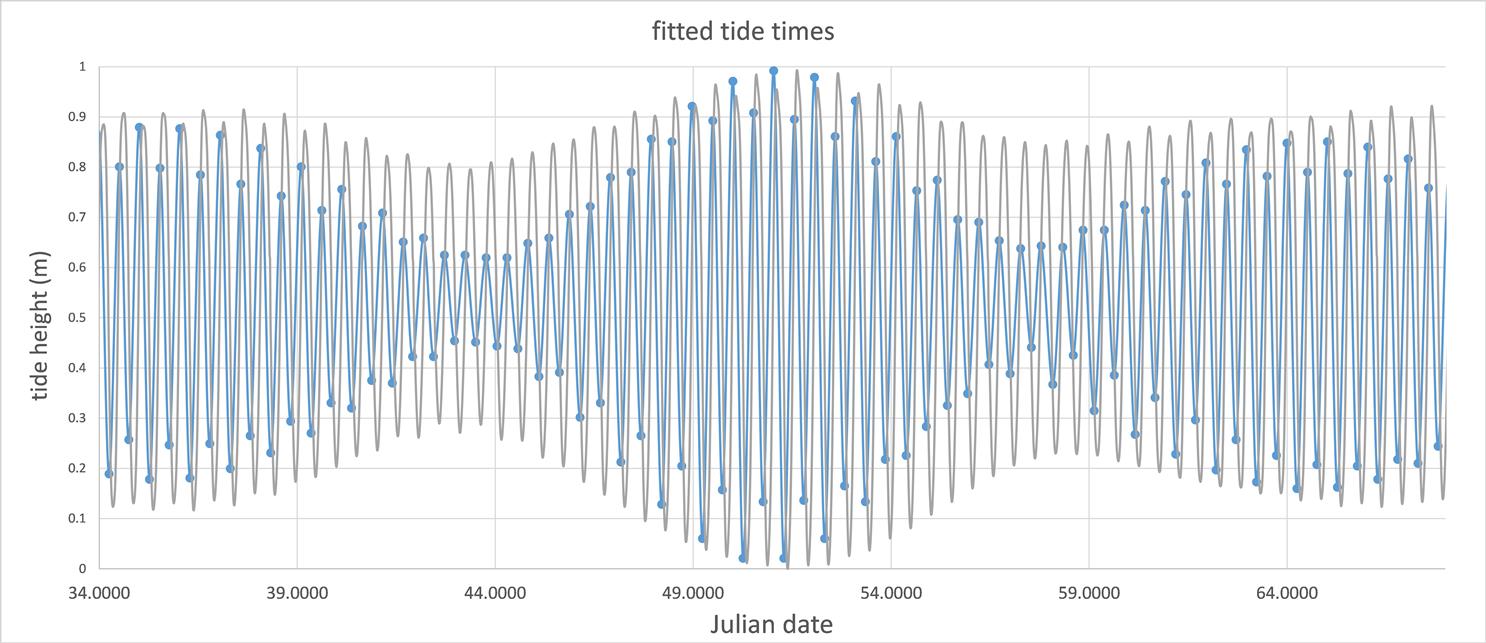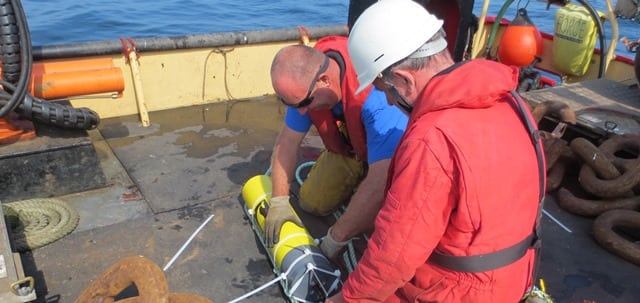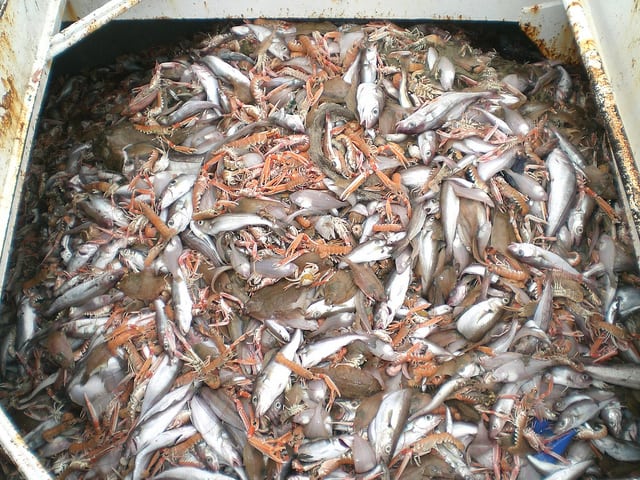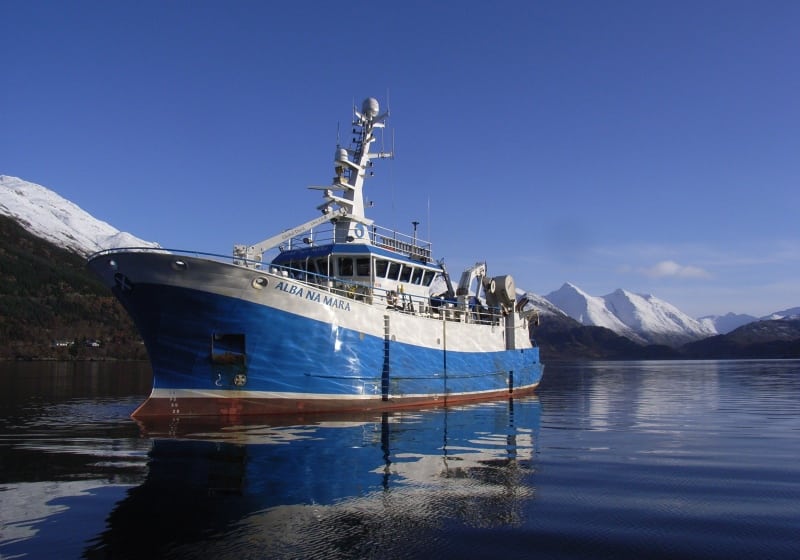Marine
-
MRV Scotia Survey 1716S programme
25th November 2016 by Marine Directorate Communications
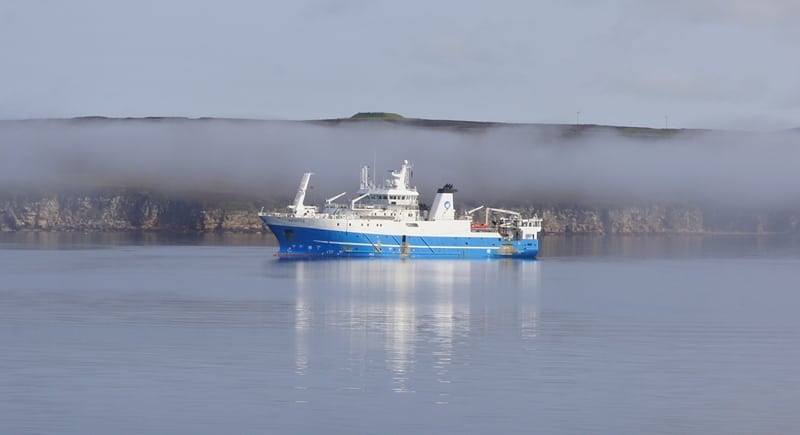
Duration: 17 November – 7 December 2016 Fishing Gear: GOV Trawl (BT137) and ground gear D (hoppers). Objectives: To participate in the ICES co-ordinated western division demersal trawling survey. To obtain temperature and salinity data profiles at each trawling position. To collect additional biological data in connection with the EU data collection framework (DCF). Procedures:...
-
MRV Scotia Survey 1616S Programme
22nd November 2016 by Marine Directorate Communications

Duration: 5-14 November 2016 Fishing Gear: PT160 pelagic trawl; BT237 new Jackson high standing demersal trawl fully rigged with 350mm rockhopper ground gear and 200mm floats; 1 Set Thyboron ‘flapper’ trawl doors; and 1 set GOV polyvalent trawl doors. Objectives: To establish a fishing protocol to fish the PT160 trawl close to the surface and...
-
MRV Scotia Survey 1516S Programme
18th November 2016 by Marine Directorate Communications

Duration: 14 October – 3 November 2016 Fishing gear: Day grabs; TV drop frame with lasers (including rectangular footprint); armoured cable; Swathe multibeam echosounder system; RoxAnn system; Scout System; and smolt trawl. Objectives: To undertake bathymetric and ground-truthing survey work in connection with offshore oil and gas pipelines associated with the Brent facilities. To undertake...
-
International Meeting on Aquaculture Disease
16th November 2016 by Marine Scotland Communications
On the 12-13 October 2016, the Marine Laboratory in Aberdeen hosted the 2016 PD TriNation (Pancreas Disease) meeting, led by Marine Scotland scientist Dr Sandy Murray with the help of Norwegian colleagues Mona Dverdal Jansen and Britt Bang Jensen of the Norwegian Veterinary Institute. The PD TriNation initiative was established in 2005 with the aims of integrating...
-
Refining Estimates of Collision Risk for Harbour Seals and Tidal Turbines
15th November 2016 by Marine Scotland Communications

As the offshore marine renewables industry grows, understanding the way that marine mammals, interact with these are of particular importance. This is especially true of tidal devices, and one particular concern is the risk of collision between marine wildlife and rotating turbine blades below the sea surface. This is a particular issue for harbour seals...
-
First UK Assessment of Underwater Noise Published by UK Research Partnership
10th November 2016 by Marine Directorate Communications

The Centre for the Environment, Fisheries and Aquaculture Science (Cefas) has teamed up with Marine Scotland Science and the University of Exeter to analyse underwater noise data from subsea sound recorders located around the UK coast. The results of the Defra-funded study have now been published in an article titled Underwater noise levels in UK...
-
Marine Analytical Unit monthly update – October 2016
2nd November 2016 by Marine Scotland Communications

This month’s update from the Marine Analytical Unit is now available with the most up to date information about the fish price index, nephrops prices and key facts and figures on Scottish fisheries. Read the full update Related Links All previous Marine Analytical Unit updates
-
MeyGen Inauguration Ceremony
31st October 2016 by Marine Scotland Communications

The extensive area of very strong tidal currents in the Pentland Firth between Orkney and the Scottish mainland has meant there has been a lot of interest in developing tidal stream generation in that area, and several large developments are envisaged. The most advanced is MeyGen project in the Inner Sound, between Stroma and the mainland. The projects is...
-
MRV Alba na Mara: Survey 2016A Programme
20th October 2016 by Marine Directorate Communications

Duration: 2 – 13 November 2016 Gear: Prawn trawl BT 201; Deep Vision Camera and lights (supplied by IMRB); Net mounted camera system; Turbidity meter; Scanmar instrumentation; and 600mm Square Mesh Panel (SMP). Objectives: Primary: To obtain Deep Vision footage from a demersal trawl on different ground types and turbidities: typical nephrops grounds (mud), clearer...
-
How do seals interact with shipping vessels?
17th October 2016 by Marine Scotland Communications
As shipping activity continues to increase around the world, understanding the way that marine mammals interact with vessels is of particular importance. Such concerns generally relate to potential harmful effects of increased shipping noise on marine mammals and the potential for physical injury due to collisions. This is a particular issue for harbour seals (Phoca...

